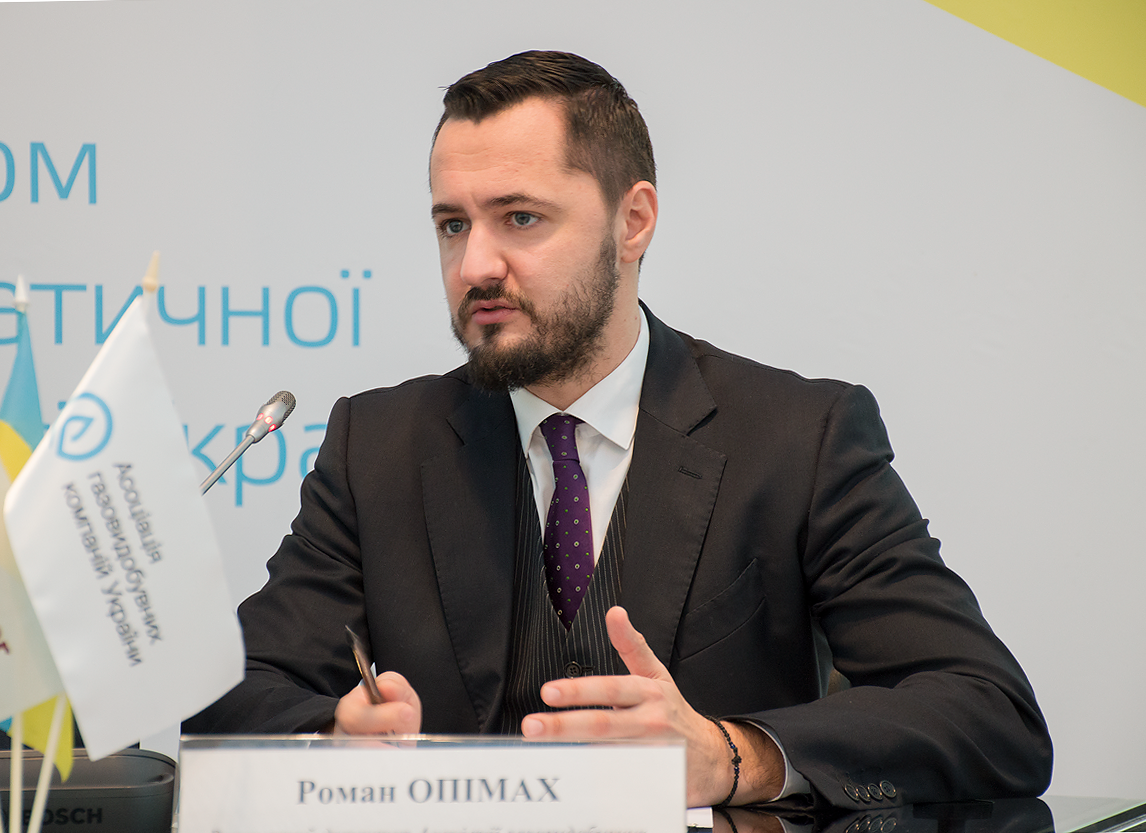[Premium] Ukraine Changes Tax Law for Upstream
The Ukrainian parliament voted for a lower tax rate for gas production and imposed a moratorium on raising royalties. The new law amends the tax code, with a lower incentive rent rate for gas production from new wells and takes effect on January 1, and could help the country achieve the government's goal of 20bn m³/yr output by 2020.
The country used to be able to produce over 50bn m³/yr but neglect and under-investment, partly because of the unrewarding and opaque environment that hits even state-run businesses such as Naftogaz and low prices and the uncompetitive taxes, have cut this right back.
Gas extracted from new wells at depths up to 5,000 metres will be taxed at 12% and at 6% for gas produced from deeper wells. This compares with the previous rates of 29% and 14%.
It should also be noted that the rate of 6% for the new deep wells came as a surprise, appearing at the last moment. The biggest beneficiary will be Naftogazvydobuvannya (DTEK Naftogaz), the biggest producer from deep wells in the country.
An important aspect of the law is a moratorium on tax changes for five years, giving investors the certainty needed to develop long-term programmes. In addition, the law sets the rate for production-sharing agreements at to 2% and 1.25% for oil and gas respectively, which substantially raises interest in these kinds of projects.
An incentive rent rate is one of the biggest events of 2017 for gas production, marking a turning point. The bill also adopts the amendments to cut the rate on condensate to 29% and 14% depending on the depth of production. That means, the rent for gas, oil and condensate will equalise, but not until a year later, which is a disappointment for producers.
Parliament is also to put to the vote a key energy deregulation bill, 3096- d, which will significantly change the regulatory environment, allowing Ukrainian mining companies to significantly reduce the time and money spent in seeking permits for further development, at least halving the time spent before drilling wells cut by a half or more. It is expected that the bill will be put to the vote in December.
The executive director of upstream lobby group, the assocation of Ukrainian gas producers, Roman Opimakh (below), said: "Implementing the incentive royalty rate is an important and long expected initiative for the industry. Our fiscal regime has become more attractive and competitive – from January 1, 2018, the royalty rates on gas production from new wells will be 6% and 12%, depending on the depth. Additionally, on the same date the five-year stabilisation clause enters into force to ban negative changes in gas royalty rates until 2023. Also, production sharing agreements could be chose as a way to develop the challenging projects.
"We expect these offers to be interesting to the foreign investors and attract advanced technologies and best international expertise to Ukraine's exploration and production industry. The new policy should therefore encourage investment to increase domestic gas production. We have a rich resource base – Ukraine is among the top three European countries in terms of conventional gas reserves. That's why, we believe Ukraine can become self-sufficient in gas in the short-term and move from imports to exports."

(Credit: Ukrainian association of gas producers)



